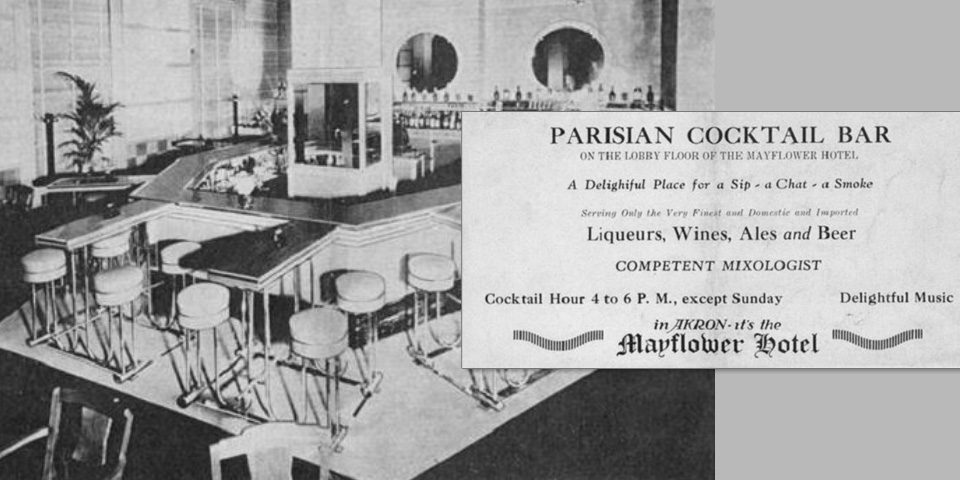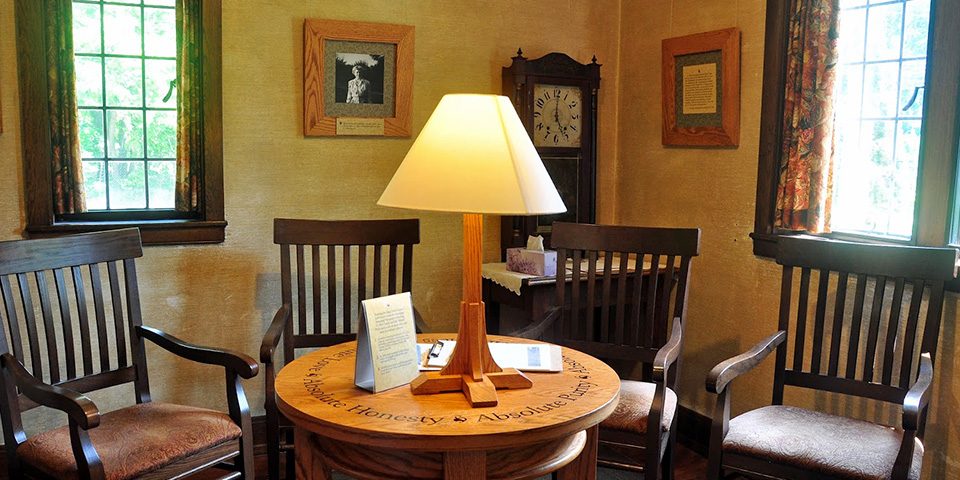
The Options Are: AA Recovery or Die
November 27, 2019
An Education in the Art of Living
December 19, 2019
Alcoholism is a disease of three facets. There is physical disease, mental or emotional aberration (some prefer to designate it as personality defect or disorder), and most important of all, there is spiritual conflict or need. All three elements of major distress must be recognized, appreciated and understood by the physician if any progress is to be made in search for solution.
The American Medical Association has acknowledged alcoholism as a treatable illness, and some practitioners of our day are beginning to accept it as such. Through the admirable achievements of Alcoholics Anonymous we have seen that alcoholics can and do achieve sobriety. And rarely, apparently through our own individual effort, influence is carried to the patient which helps him to regain some essence of control over his drinking. We see, too, the results of spiritual approach through personal evangelism that can often have far-reaching effect. These and other signs of our times place an added responsibility upon physicians that they undertake without hesitation the care of those alcoholics who come to them for medical help.
There seems to be two significant barriers to adequate treatment of the acute or the chronic alcoholic. The greatest barrier is the unwillingness of the practitioner, or the internist, or the psychiatrist to accept such a patient freely, genuinely; and to provide service, almost of equal importance, is the woeful unpreparedness of the physician to trust the patient. This is not to say that the average physician does not have an adequate knowledge of the means of therapy. His unpreparedness to deal with an alcoholic patient lies in his own ambivalent attitude towards that patient. Most of us still nurture the feeling that the alcoholic is a moral delinquent rather than a sick man. Most of US from childhood were taught that the behavior problem of the “town’s drunk” arose from faulty inheritance, ingrown cussedness or shameful lack of personal integrity. And we find today it is easier to pass the buck, to refuse treatment outright, rather than acknowledge our own inadequacy or imperfection which stands in our way when it comes ‘to making the effort to comply with the alcoholic’s need.
All the alcoholic asks is that he be treated as a human being without criticism, and without judgment. We as physicians have the means to initiate and to further adequate treatment on a high and satisfying plane, if we could but become objective and selfless in our response. Our greatest qualification to serve under such circumstances, is the acceptance of the fact that the alcoholic is a bonafide patient and merits the best that we have to offer.
Such publications as the “Grapevine” and books like the “Twelve & Twelve,” “Alcoholics Anonymous” and a host of others can contribute much to our understanding of the alcoholic. They can serve also the growth of our own professional integrity, and bring rewards of a more adequate and satisfying response to this major need that has so long harassed the church, the state, and our profession. It is the writer’s feeling that the alcoholic must be treated first of all with the heart and only in minor degree with the head and its know-how. The patient will remember the attitude of his doctor far longer than his prescription, and although the alcoholic may have impaired sensibilities, his sensitivity is made keener by his suffering. This can easily be measured by the chin he so often carries on his shoulder. He feels hostility towards a professional world that has so patiently denied its responsibility by inaction, while giving lip-service to an abstraction that the alcoholic is a sick man.
The problem of today, then, is more the conversion of the physicians to their responsibility for treatment, than for need of more training- in therapy. The general practitioner with a world of patience, a kindly and receptive attitude, constant availability, wholesome understanding and encouragement-and a bare modicum of sedation, fluids and vitamins-can do more in less time than a well-equipped hospital with a hostile staff, and get far better results. It follows, then, that a receptive staff in the well-equipped hospital can work real wonders of recuperation, with unrivaled opportunity to encourage additional aid through local AA groups and the ministry.
By Thomas T. Jones, M.D., Prominent Physician of Durham, N. C.
-The Eye Opener, Columbus, Ohio. Reprinted, Central Bulletin September 1957



